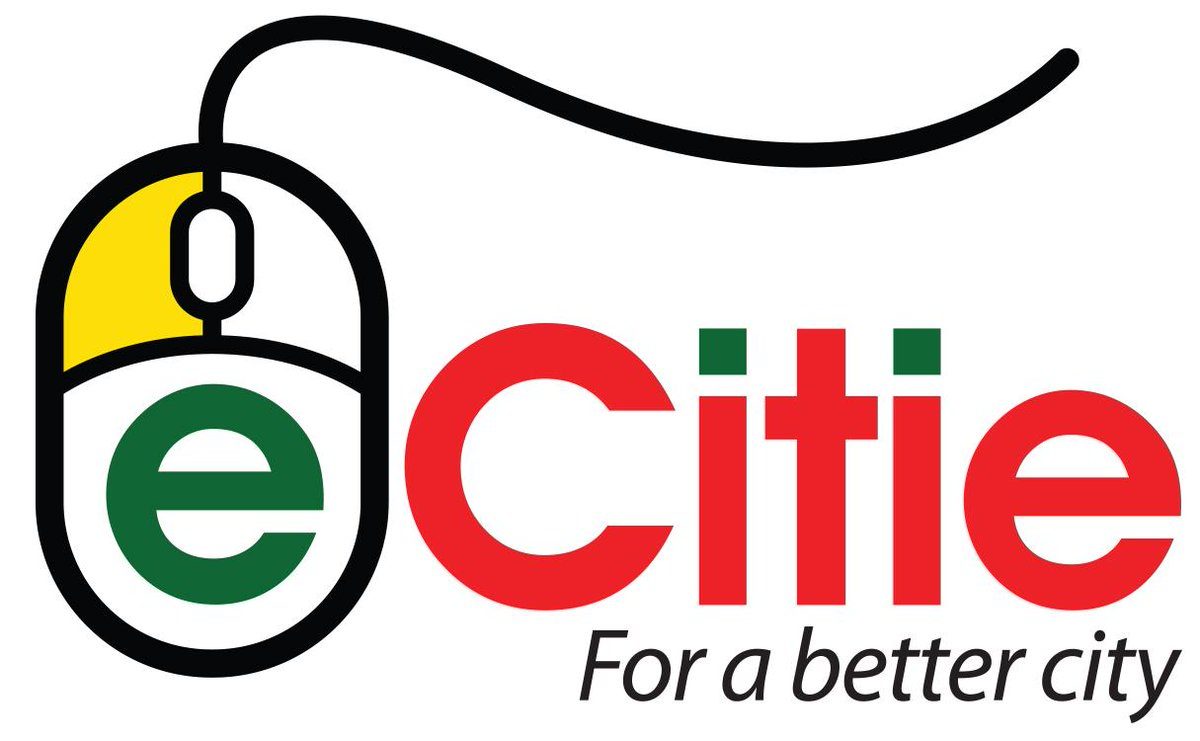
Revenue Modernization Project (eCitie Revenue Management System)
- WEGO |
- Smart Sustainable City Projects Catalog
Kampala
To establish communication with this city regarding their project, please contact secretariat@we-gov.org
-
Fast Facts
City :
53.63 Billion Ugandan Shillings
Tax Revenue Increase
Region : Africa
National GDP Per Capita (USD) : 724.37 (IMF, 2018)
City Population: 1,507,080
Year Implemented : 2014
National Gini Index : 42.8 (World Bank, 2016)
Tags : GOVERNANCE ECONOMY
Technologies Utilized : Electronic Payment System, Website, Mobile app, Data Management System
Funding Source : Government
Project Cost : 2,070,000 USD
Project Savings :
Planned Project Duration : Ongoing
KPIs : Tax Collection Rate
-
Project Context and Overview
Kampala Capital City Authority (KCCA) is in charge of administering, levying and collecting taxes, and providing public services within the city. KCCA’s previous Revenue Management System was based on cash collection, in-person transactions, and paper documentation. Not only did this system heavily rely on manpower, paper, and great storage space, but it also prevented different departments from exchanging information, slowed down efficiency, and left gaps in the system that led to loss of government revenue.
The eCitie Revenue Management System has streamlined, standardized, and automated the most important processes in revenue administration and tax collection. The new Revenue Management System features a new updated taxpayer registry, electronic payment options for citizens, and a data management system that can be easily accessed by all departments of KCCA. The data management system has improved communication and has helped support both vertical collaboration from the city government to national level departments and horizontal collaboration among city agencies from various disciplines.
Each taxpayer is given a certificate of registration with a unique number called COIN (City Operator Identification Number). This number is stored in the registration module to track payments and to link taxpayers’ data to different government departments. Communication channels include KCCA client service email, toll free lines, SMS, satisfaction surveys, KCCA mobile app, and eCitie website. -
Project Planning and Implementation
The project was initiated by the ICT Department and Revenue Directorate of KCCA. The project was designed and implemented by a team including government officials from the Department of ICT, Directorate of Revenue Collection, and Directorate of Physical Planning. However, other stakeholders also played a valuable role in the implementation of the system. KCCA offered training sessions for all staff and promoted the system to residents and assisted them to learn how the new system worked. Collecting agents such as commercial banks, point of sales, and telecommunication companies were encouraged to integrate their systems with the eCitie system for real-time reporting of revenue collected. Other e-Government services have been also integrated with the eCitie system.
Budget:
Sensitization $100,000
Data $200,000
Hardware and infrastructure $600,000
Human resources $400,000
Monitoring and evaluation $10,000
Stakeholder engagement $60,000
System Development $300,000
Technical support $100,000
Training and capacity building $300,000
Total cost $2,070,000
All costs were covered by KCCA. -
Project Results
KCCA appointed a Monitoring and Evaluation task team to keep track of project performance and progress by delivering periodic reports. KCCA officials can also track performance by accessing the online eCitie system dashboard, which displays the number of taxpayers registered, the queries raised and resolved, and the total number of payments made.
The project has facilitated revenue collection and department cooperation in a number of ways. Thanks to the new unique identification number system, tracking payments and sharing taxpayer data among departments has become much easier. Sharing this data promotes collaboration and trust among different authorities. The new online automated system saves human resources, time, and paper, and also provides real-time payment acknowledgement and has decreased turnaround time for services. KCCA works with over 16 commercial banks, two telecommunication companies, and two point of sale companies. Overall, the project has led to a significant improvement in revenue collection. Kampala saw an increase in tax revenue from 30.37 billion Ugandan shillings in 2010 to 84 billion Ugandan shillings in 2015.
Given the magnitude of the project and its innovative nature, KCCA and the other involved entities faced difficulties during the design and implementation stages of the project. These included unclear roles, unclear objectives, incomplete records and documentation, and lack of engagement from stakeholders.
KCCA has learned key lessons for future developments through this process. Now, all projects must be officially commissioned by signing a project charter and appointing a project team with clearly-defined roles and responsibilities. Officials must collect data on best practices and invest time in building internal capacity. In the future, KCCA intends to add an online census, online property register, and a Geographic Information System (GIS). -
Recommendations for Transfer
Smarter collection and management solutions can lead to an increase in citizen trust, collaboration among departments, and tax revenue collection. As suggested by KCCA, an initiative as big as this one should not be taken lightly. Cities or authorities must collect data on best practices, invest time in design, and build internal capacity before implementation. KCCA also advises other cities to adopt a standardized project management approach such as Project Management Professional (PMP) or PRINCE2.
-
Figures and Images

-
External links

